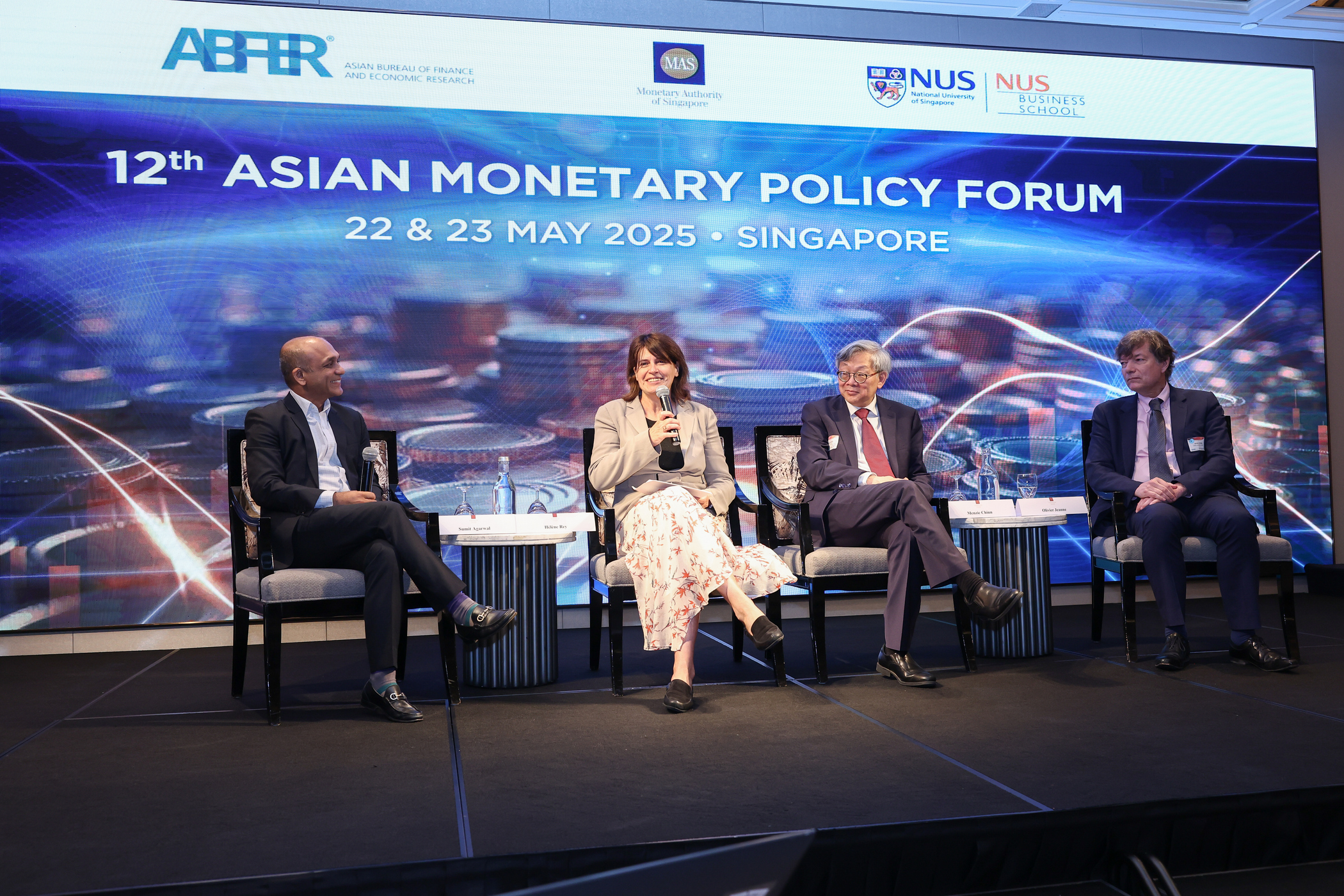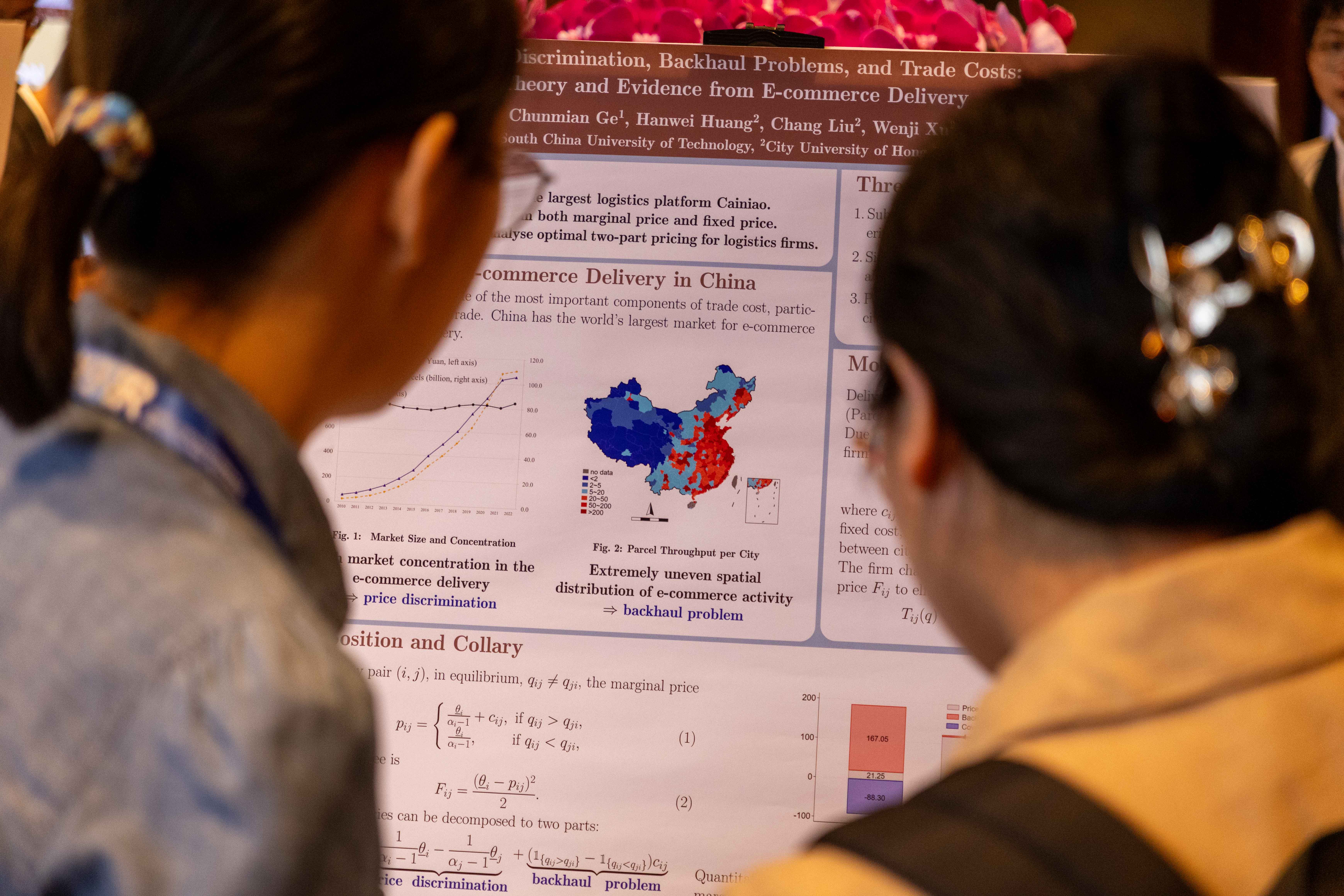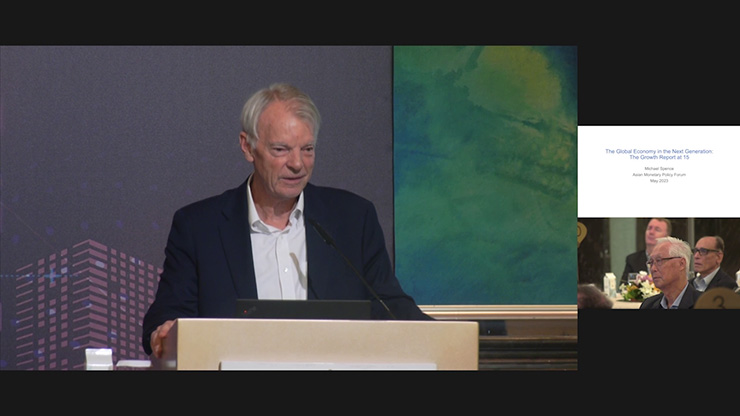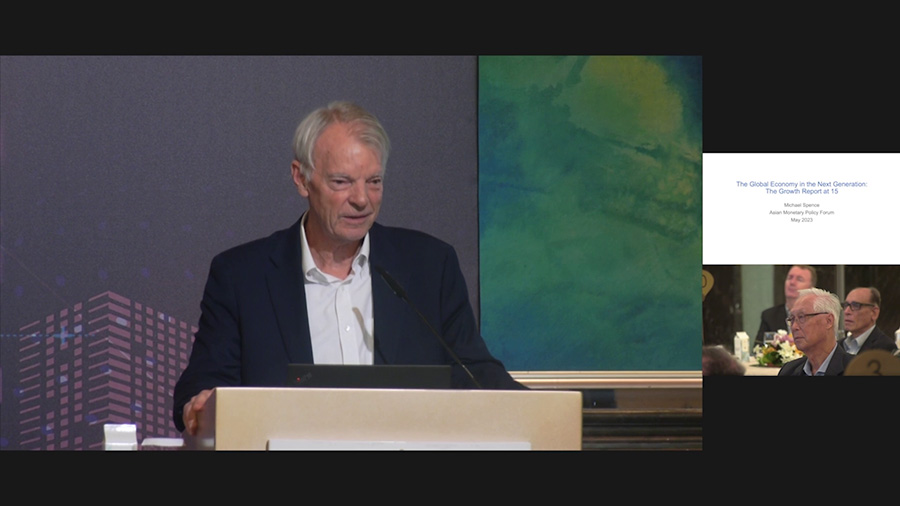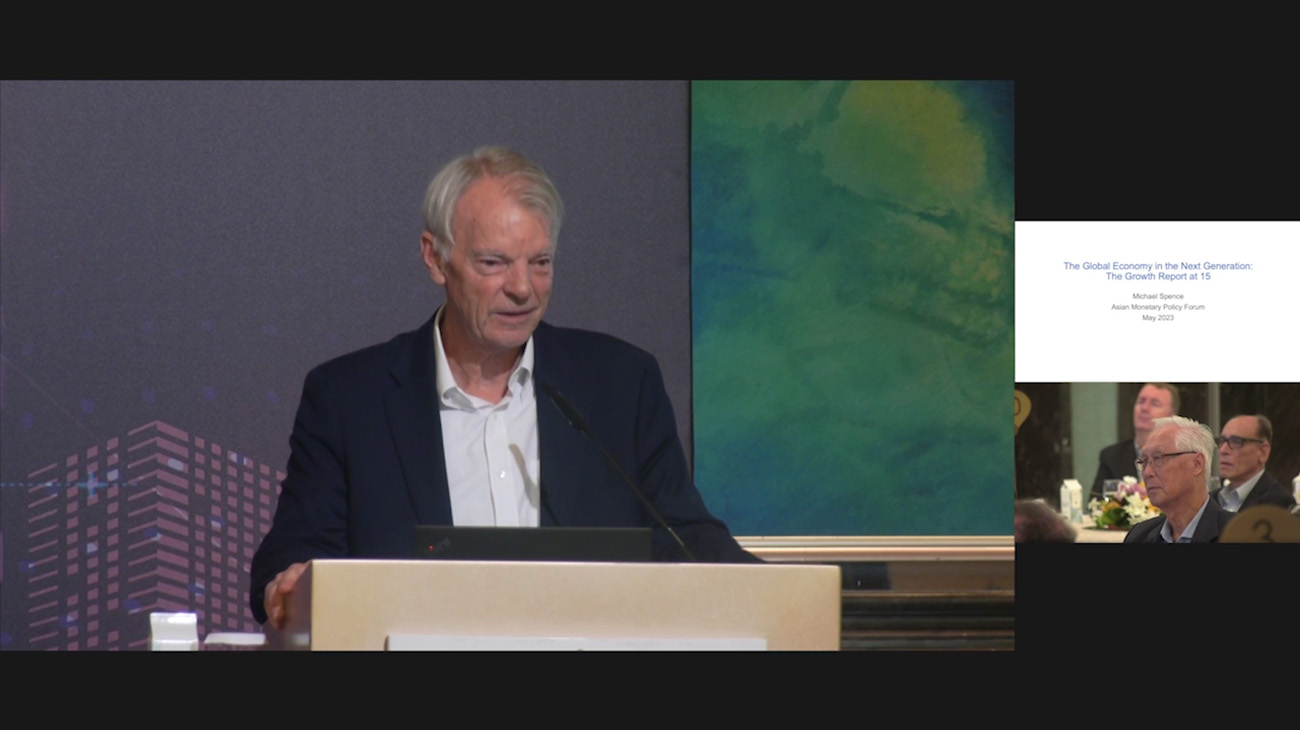Specialty Conference
2017
2017
Session Format
| Sessions | Duration |
|---|---|
| Presentation | 25 minutes |
| Discussants | 10 minutes |
| Open discussion | 15 minutes |
Organising Committee
- Alex Popov (European Central Bank)
- Fadi Hassan (London School of Economics)
- Bernard Yeung (National University of Singapore)
- Filippo di Mauro (National University of Singapore)
- Edward Robinson (Monetary Authority of Singapore)
- Cyn-Young Park (Asian Development Bank)
- Peter Morgan (Asian Development Bank Institute)
Keynote Speakers
Shadow Banking: Economics and Policy
The talk will review shadow banking: what is its economic value and how does it cater to various demands. Since there is much confusion about what shadow banking is, it will first define shadow banking as “all financial activities, except traditional banking, which require a private or public backstop to operate”. Backstops can come in the form of franchise value of a bank or insurance company, a government guarantee, or a legal privilege. The need for a backstop is a crucial feature of shadow banking and distinguishes it from the usual intermediated capital market activities, such as market-making, broking and underwriting, and related entities, such as custodians, hedge funds, and investment companies. The talk will then focus on two important shadow banking functions: securitization – to create safe assets, and collateral intermediation – to help reduce counterparty risks and facilitate secured transactions. After describing the operations and reviewing the economics and demand factors behind these two functions, the talk will review the systemic risks that can arise from them. It then discusses associated policy priorities, both to reduce spillovers from the shadow banking system to the main banking system and to allow for reduced procyclicality and systemic risk within the shadow banking system.
Finance and Growth – What Have We Learned
The talk will discuss the findings of the finance and growth literature over the past two decades and point to some recent findings and a rethinking of financial sector challenges post-crisis.
Co-Organizers



